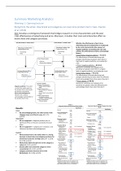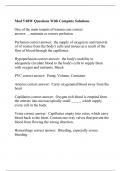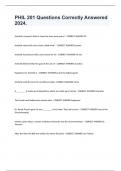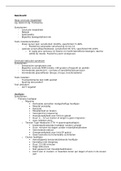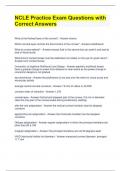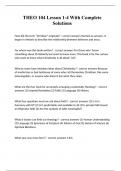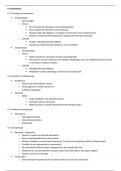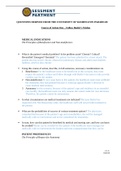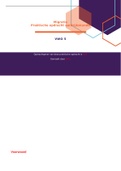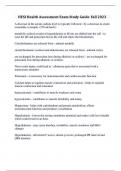Samenvatting
Summary Articles Marketing Analytics EBC4081
- Instelling
- Maastricht University (UM)
Summary articles Marketing Analytics EBC4081 1. Ascarza, Eva, Raghuram Iyengar, and Martin Schleicher (2016). The Perils of Proactive Churn Prevention Using Plan Recommendations: Evidence from a Field Experiment. Journal of Marketing Research, 53, 46-60. 2. Bijmolt, Tammo H.A., Harald J. van Heerde...
[Meer zien]
